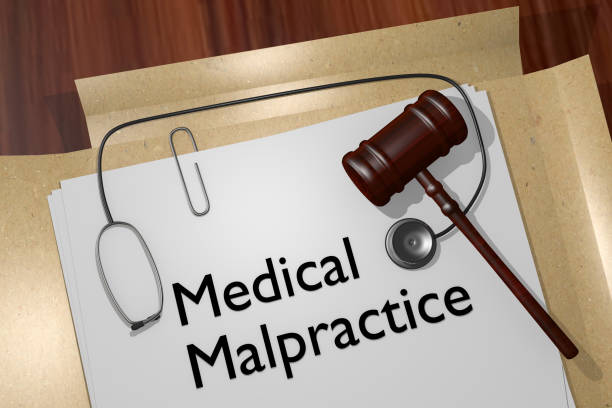Starting a healthcare business can feel like a tightrope walk. It holds immense promise, but also risks if you make common legal mistakes. Navigating this landscape without slipping into legal pitfalls requires careful attention. Healthcare entrepreneurs often miss vital details, leading to costly consequences. Overlooking regulations and legal requirements can put your business at risk. Inadequate contracts or ignoring patient privacy laws can bring unintended troubles. To protect your business, consulting a healthcare litigation lawyer can prevent these mistakes. A legal expert offers guidance on compliance, licensing, and contracts. You sidestep legal troubles with proper planning and preparation. Prioritize understanding the legal framework surrounding healthcare. This proactive approach keeps your business strong and resilient. By identifying potential missteps early, you lay a solid foundation for your venture. Take these steps seriously to avoid stumbling on your entrepreneurial path. Legal awareness ensures your healthcare business thrives and provides vital services smoothly.
Understanding Regulatory Compliance
Healthcare laws can be complex. Understanding regulatory compliance is crucial. Regulations in healthcare ensure patient safety and data protection. As an entrepreneur, staying updated on these laws is non-negotiable. Federal and state laws might differ, so thorough research is essential. One useful resource is the U.S. Department of Health & Human Services. They provide detailed information on healthcare regulations. Non-compliance can lead to fines or business closure. Staying compliant protects your business and ensures patient trust.
Importance of Proper Licensing
Licensing issues can halt your business before it starts. Healthcare services require specific licenses. Each type of service might need a different license. Missing or incorrect licenses can result in legal action. It’s vital to research the licenses your business needs. Contact local licensing boards for guidance. Ensure all staff hold proper certifications to prevent any legal discrepancies.
Data Privacy Concerns
Patient privacy is a cornerstone of healthcare. Mishandling patient data can lead to severe penalties. The Health Insurance Portability and Accountability Act (HIPAA) outlines strict guidelines. Businesses must protect patient information diligently. Implementing robust data security measures is crucial. Always conduct regular audits to ensure compliance.
Ensuring Solid Contracts
Solid contracts protect your business interests. Contracts outline responsibilities and expectations. Vague contracts can lead to disputes. It’s essential to draft clear, concise agreements. Consult legal experts to review contracts before signing. This step prevents misunderstandings and legal issues down the line.
Legal Mistakes and Their Consequences
| Common Legal Mistake | Potential Consequences |
|---|---|
| Non-compliance with regulations | Fines, legal action, loss of trust |
| Lack of proper licensing | Business closure, legal penalties |
| Data privacy violations | Severe fines, loss of reputation |
| Inadequate contracts | Disputes, financial losses |
Steps to Avoid Legal Pitfalls
Knowing the potential legal issues is half the battle. Here are steps to avoid these pitfalls:
- Stay informed on legal updates. Set reminders to review regulations regularly.
- Consult a healthcare litigation lawyer for expert advice.
- Verify all licenses. Ensure they are current and valid.
- Implement strong data security measures. Regularly update software to protect information.
- Draft clear contracts. Use legal assistance to avoid misunderstandings.
By following these steps, you safeguard your healthcare business. Being proactive and informed reduces risks significantly. Healthcare entrepreneurship brings opportunities and challenges. Legal preparedness ensures you focus on serving your patients and growing your business. For more information on legal compliance, visit the U.S. Department of Health & Human Services.


















Comments